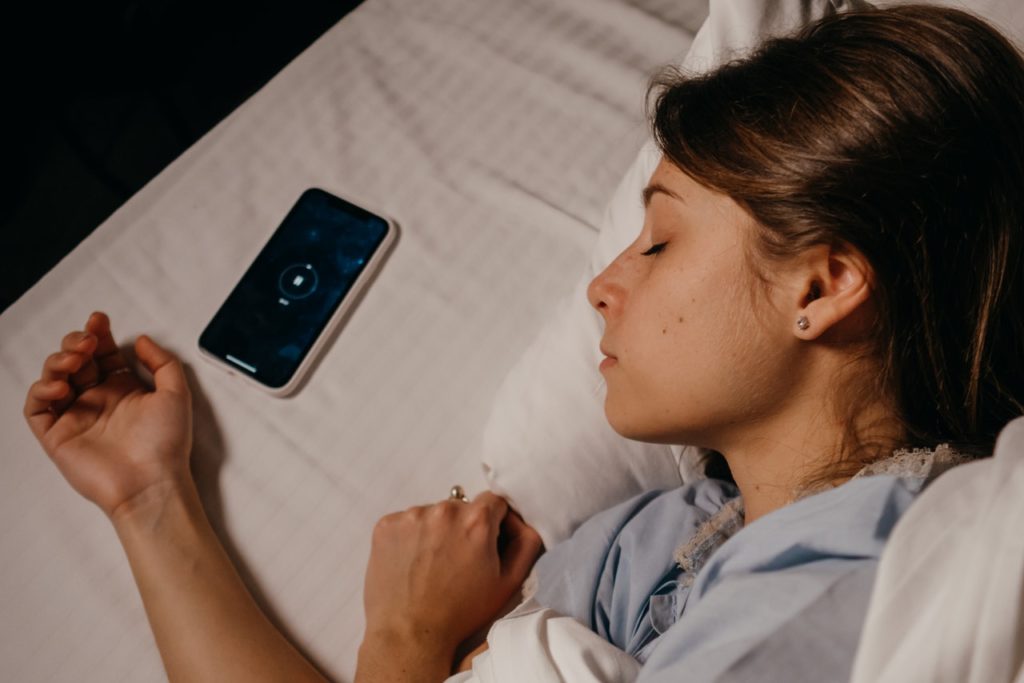Disclaimer: This website provides health information for educational purposes only and is not a substitute for professional medical advice, diagnosis, or treatment. Always seek the guidance of a qualified healthcare provider with any questions you may have.
Do you grind your teeth at night? You probably would not know unless someone tells you because, unfortunately, this habit is involuntary. While you are not aware that you do it, you probably will notice symptoms of it as soon as you wake up in the morning.
The common signs of the condition, which is called bruxism, is increased tooth sensitivity, tight jaw muscles, neck pain, and headache. You may also have flattened teeth or the enamel of your tooth, which is the hard upper layer, is worn out. If any of these are familiar, you might want to get it checked out. An orthodontist can explain to you what you do, why you do it, and what needs to be done to stop it.
What is Causing the Problem
Although experts do not fully understand bruxism, there are certain triggers that cause it. The condition is most common among children, but adults may experience it, too. Stress also leads to teeth grinding, and so do certain personality types such as those who are aggressive or competitive.
In many cases, if one of your family members does it, you probably grind your teeth, too, when you sleep.
If left untreated, it can lead to damage to the teeth, severe facial pain, and disorders of the temporomandibular joints (TMJ). It will also disrupt your sleep.
Here are ways to manage bruxism at home.
Learn How to Reduce Stress
Stress is a common reason why people grind their teeth when they sleep at night. It also causes another type of bruxism that occurs during the day but might still be an unconscious habit. Bruxism, when awake, may involve gnashing of teeth whenever you are stressed, anxious, frustrated, or angry. The effects are still the same.
When the problem is caused by stress, the best thing to do is to figure out a way to effectively calm yourself down. There are many ways to deal with stress. Some people read or watch a movie to decompress after a difficult day. There are also studies that prove that yoga and meditation provide benefits to mental health, building resilience to negative emotions. To others, soaking in a warm bath for several minutes before bed can reduce stress.
No matter which method you choose, knowing how to deal with stress is one step in the right direction in stopping you from grinding your teeth and preventing the consequences of the condition.
Try Simple Mouth Exercises
There are exercises that you can do with your mouth that can relieve pain and tightness caused by bruxism. Here is one example:
Step 1: Close your lips gently without allowing your upper and bottom teeth to touch.
Step 2: Press your tongue to the roof of your mouth.
Step 3: Hold the position for as long as you can.
The exercises should allow your mouth and jaw muscles, which are involved in bruxism, to relax for a few minutes. When muscles are relaxed, it will lead to a reduction of discomfort and pain caused by teeth clenching and grinding.
Why Get a Mouthguard?
Using a mouthguard is most common among athletes, especially in contact sports. It is a piece of protective equipment that protects the teeth from damages caused by intense pressure in case of an accident. Athletes are at a high risk of orofacial injuries (concerning mouth, jaw, and face) if hit by a ball or another player.
Off the court, a mouthguard can serve the same purpose. Wearing it when you sleep prevents you from grinding your teeth unconsciously and helps you avoid the damages that come from the condition.
There are three types of mouthguards: custom-made, boil-and-bite, and stock. Mouthguards that are custom-made will require you to see a dentist, but it is preferable because it is the most comfortable option. On the other hand, boil-and-bite can be purchased at sporting goods stores and fitted by biting on a molding material softened by boiling it in water (as the name suggests).
Stock is what you can get everywhere. Although it is the most accessible, it may not fit your mouth and teeth properly. It may become uncomfortable to wear at night which will only dissuade you from using it frequently enough to make a difference.
Patients who experience bruxism can take pain medication to manage their symptoms. However, it will only offer temporary relief. The best thing to do is to nip the problem from the bud. Identify why you do it, seek advice from an expert, and follow the treatment plan recommended to you.
